Word Webs & Reading Circuits: Going Deep with Spoken Language Lessons
I was at the NAMTA conference in Maryland this weekend (love those) where Dr. Maryanne Wolf was speaking. You may have come across her meaty and most worthy book Proust and the Squid. (If you want to know how the brain is changed by the act of learning to read, read her book alongside Stanislaus Dehaene's Reading in the Brain and you'll be all set.)
Dr. Wolfe had a passionate message to share about the brain, children, and reading. The big take home for me was that our culture may be on a path of decreasing literacy. We are developing expert neural circuits for skimming at the expense of circuits for deep, contemplative reading. In this digital age, this makes our spoken language work with children more important than ever before.
Okay, so all of us digital generationers are skimming. Of course we're skimming! We are bombarded with content. So we go straight for the bottom line and have to fly right by the nuance, double-entendre, and subtlety of the language itself (not that there is much of that in the information thrust before us these days). But what is different when we relax into a good, slow read full of reflective pauses and daydreamy connections to related concepts?
Think about Shakespeare. Why does everyone still care about what he wrote? Because you have to invest yourself in reading it. Every line has about sixteen possible meanings. He uses the word "fair" to mean just, beautiful, and carnival all at the same time. I mean you could spend a week just working your way through a single line from a sonnet! And that is exactly why we love it. Humans love polysemy.
Polysemy. Now there's an SAT word. Polysemy. Poly from the Greek meaning many and sema from the Greek meaning sign. Many signs...many meanings...many possibilities.
Great literature gives us something to chew on. We reconsider what we have read and we link it with our entire knowledge base. We make connections to what we know and our own lives. We build semantic maps.
Semantic, from the ancient Greek semantikos meaning significant. Significant signs...like eyes that water. Semantics point us toward meaning but we must apply our own experience and perception to understand. We must connect the dots and we can't connect the dots if we have weak vocabularies and if we don't have opportunities to speak.
Building vocabulary means building word webs. Words are inextricably linked to other words like apple is linked with red, delicious, orchard, cider, fruit, food, Johnny Appleseed, trees, etc.
 When we learn more vocabulary, we are actually weaving more and more strands on our word webs. The more web strands we have, the easier it is to automatically read/process a word we see in print. This is how vocabulary knowledge influences reading and this is why superficial, flashcard-knowledge of a word ain't worth a darn thang. This is also one of the many reasons why sorting and categorizing work is so beneficial for the child (e.g., see the girl in the picture sorting vocabulary cards into categories).
When we learn more vocabulary, we are actually weaving more and more strands on our word webs. The more web strands we have, the easier it is to automatically read/process a word we see in print. This is how vocabulary knowledge influences reading and this is why superficial, flashcard-knowledge of a word ain't worth a darn thang. This is also one of the many reasons why sorting and categorizing work is so beneficial for the child (e.g., see the girl in the picture sorting vocabulary cards into categories).
Check out this list of a few of the semantic-map building lessons we have at our disposal in the Montessori children's house:
- Word Categories
- Oral Language: "Let's play a word game. I'm thinking of some vegetables. Sweet potatoes. Tomatoes. Peas...." and the children join in.
- Vocabulary Cards:
- 3-Period lessons on the names of each picture
- Sorting games to sort out objects based on some criterion, often of the child's design. For example, you may offer a collection of cards for orchestral instruments and collection of cards for sports equipment. When sorting, however, the children may create groups based on the shape of the objects (putting French Horn and basketball hoop together because they are circular).
- 3-Part Reading Cards: Classified groups of related things like things found Around the House, Pets, Garden flowers, etc.
- Word Families
- Oral Language: "Let's play a word family game. I'm thinking of some words that are related. Play, replay, playdough, playground..." and then the children join in to offer more words containing play and then for other word families.
-
Charts: Lists of different words and several examples of words related to each one. Children (1) read the charts, (2) chat about them with their peers, and (3) use them to practice spelling with the movable alphabet (either on their own or by taking dictation from another child and then checking their own work with the chart). For example:
-
dress, dressing, undress, hairdresser, dressy, dresser
-
cloth, clothes, clothespin, tablecloth, clothing, washcloth
-
Related nouns: These are words that go together like animals and their young (e.g., cow, calf), animal groups (e.g., a gaggle of geese), masculine and feminine (e.g., king, queen; uncle, aunt). There are limitless possibilities you can develop based on the interest of your students.
-
Oral Language: "Let's play a word game. I'm thinking of animals and their homes. Bird...nest. Fish...water. Bear...den..." and the children join in.
-
 Card sorting: Collections of cards that contain the names of animals on one set of cards and their homes on a separate set of cards. The children lay the animal name cards out in a column and then create a matching column of cards with the animal's home.
Card sorting: Collections of cards that contain the names of animals on one set of cards and their homes on a separate set of cards. The children lay the animal name cards out in a column and then create a matching column of cards with the animal's home. -
Charts: Lists of related nouns used as noted above.
-
Compound words
- Oral Language: "Let's play a word game. I'm thinking of words that go together to make new words. Star...fish. Starfish. Note...book. Notebook..." and then the children join in.

- Card sorting: Collections of cards that contain each half of a compound word. The children match the words (e.g., a card for moon and a separate card for light) to create the larger, compound word (moonlight).
- Charts: Lists of compound words used as noted above.
- Synonyms, Antonyms, and Homonyms
- Oral Language (as described above)
- Card sorting (as described above)
- Charts (as described above)
- Contractions
- Oral Language (as described above)
- Card sorting (as described above)
- Charts (as described above)
And why do these Word Study lessons matter? Because they help children make connections between the meanings of words. These lessons guide the children to grow not only the number of words they know but also the links between those words,... word webs,... neural circuits. And it is those circuits that make reading easy/fluent/automatic and the lack of those webs that can make reading feel like cleaning toilets. Blech!
While we grown-ups are becoming expert skimmers, we are feeding our children a diet of superficial vocabulary cheez-its. It's like we're all nibbling on as many information tortillas as we can get or give to our students while never actually getting to the main course. We grow fat on a steady diet of content as we malnourish our contemplative nature. We rob our gorgeous human capacity to deeply considered the meaning of what we read in order to pay the price of digital overload. Our literary spirits are drowning in an information ocean.
But there is cause for optimism. You have skimmed down this far which means you are interested in language. Right now, you might be thinking about what this means for you...and maybe remembering how darling it is to watch the children get all excited about words or how much you really loved those Walt Whitman poems. Your every charming word reveals our species' potential for greatness. So go ahead, delight the children with word pastries that fall from your lips. Feed everyone's literary soul and, by so doing, accidentally meet every standard plus ten in the common core.
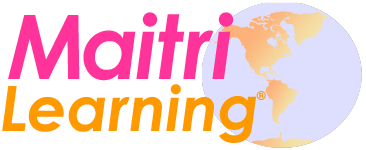


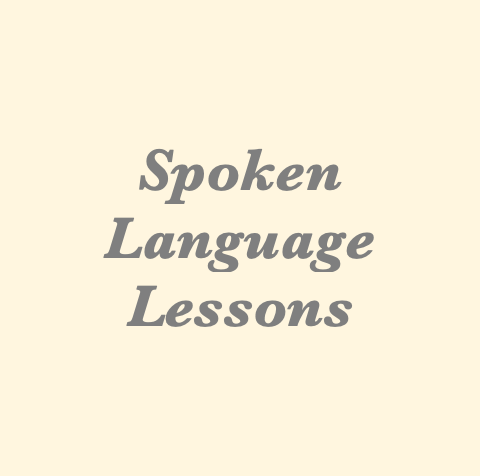
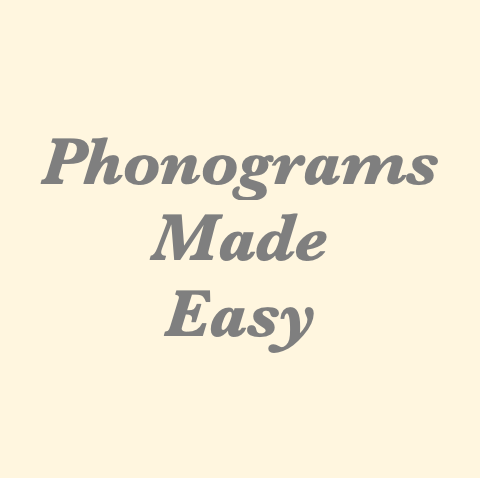

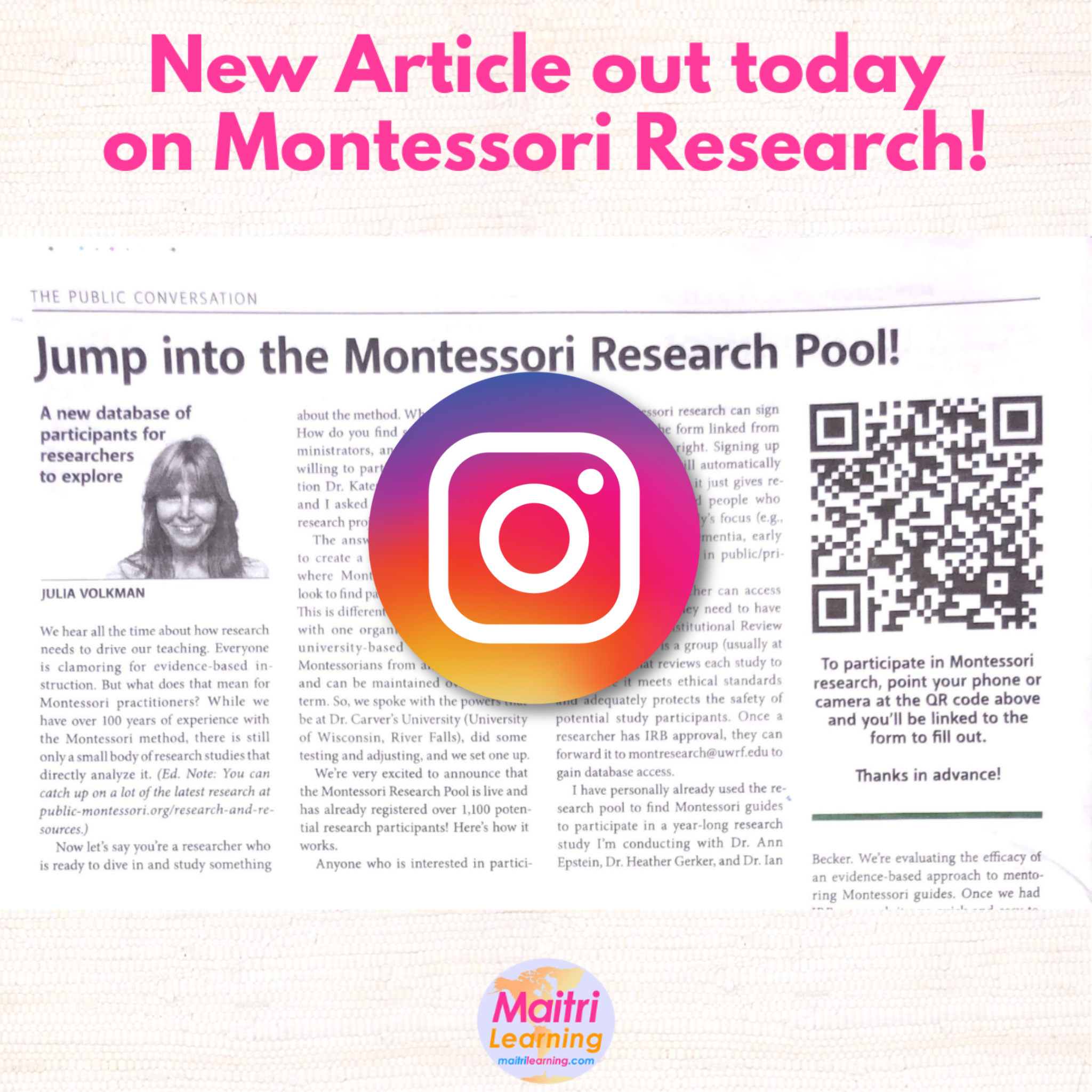
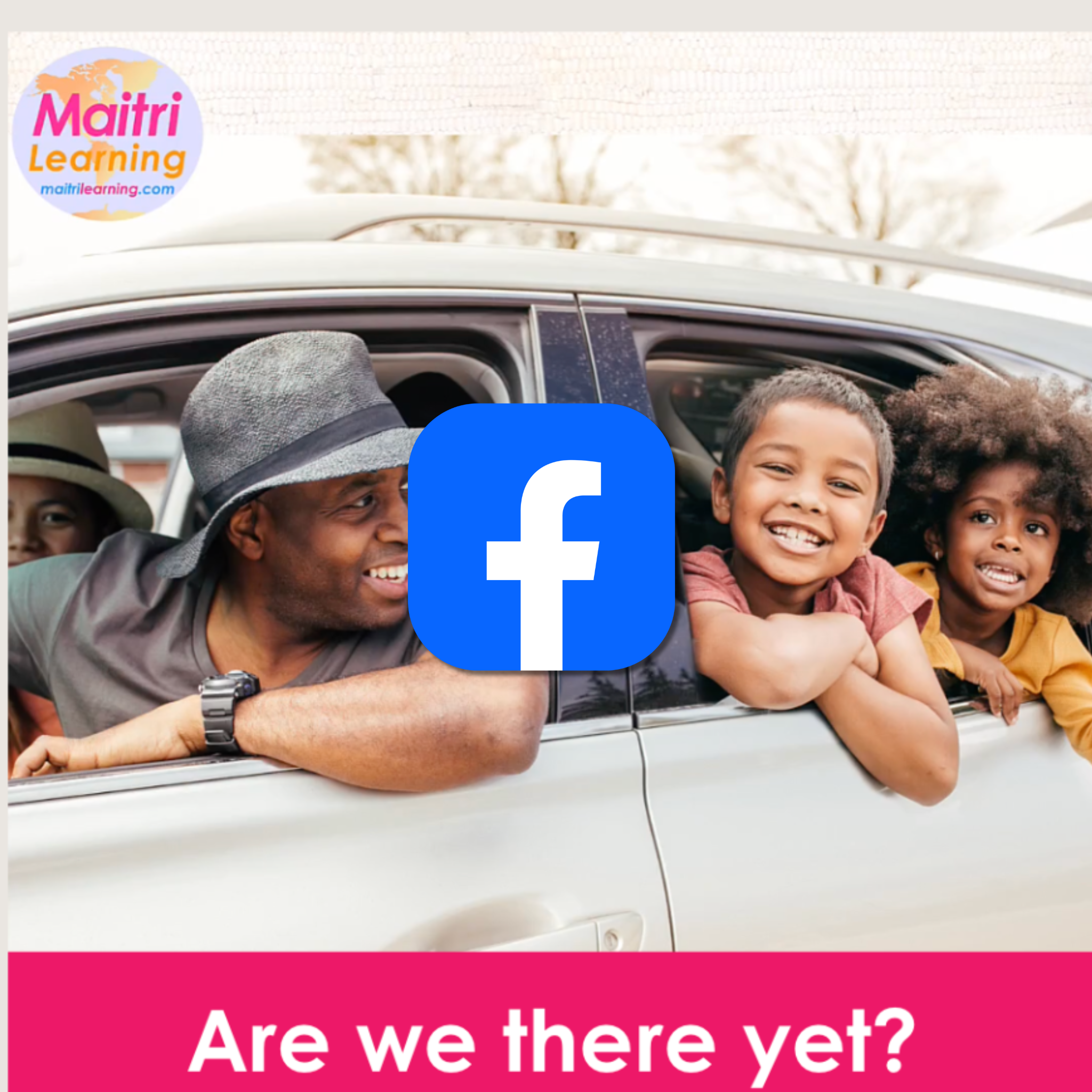
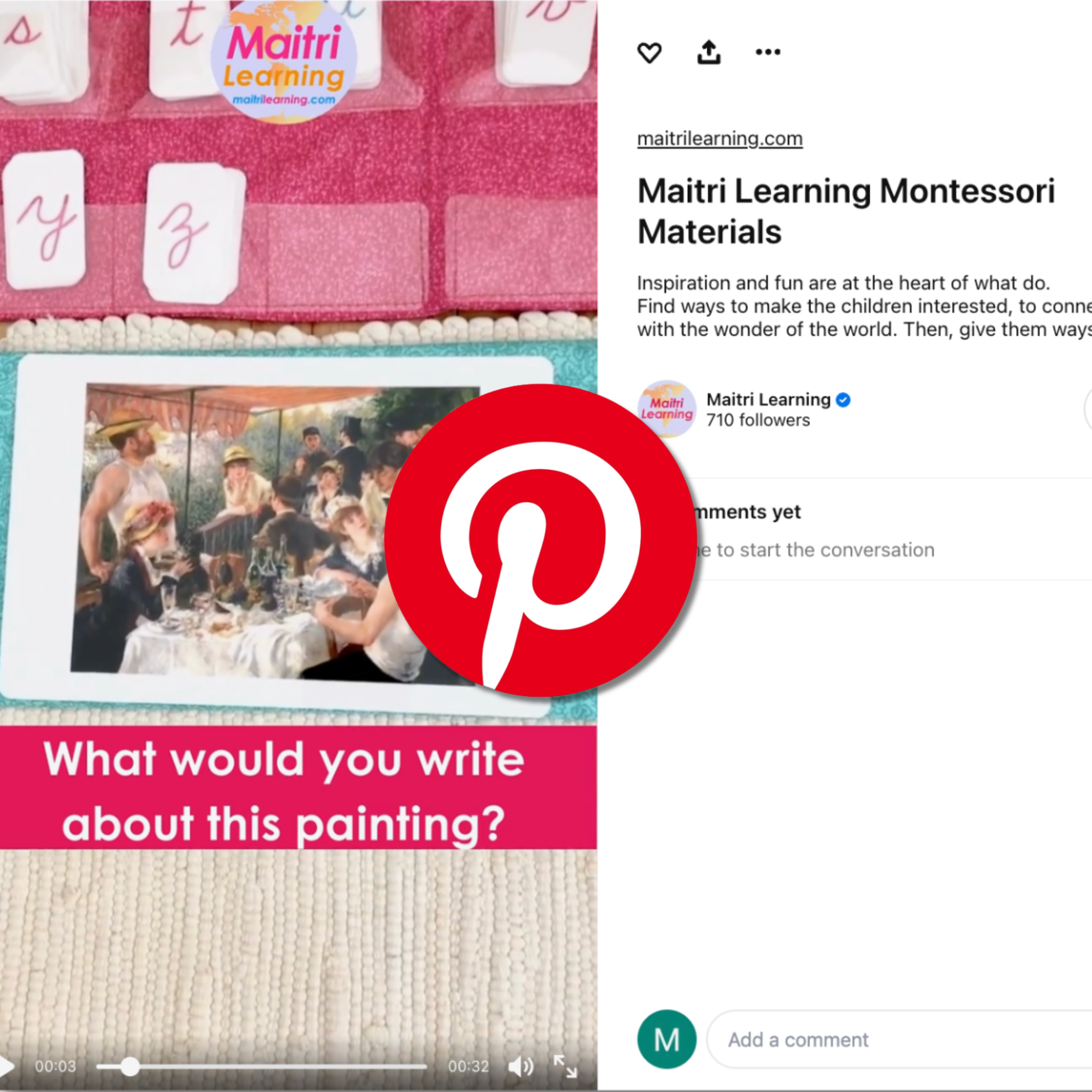
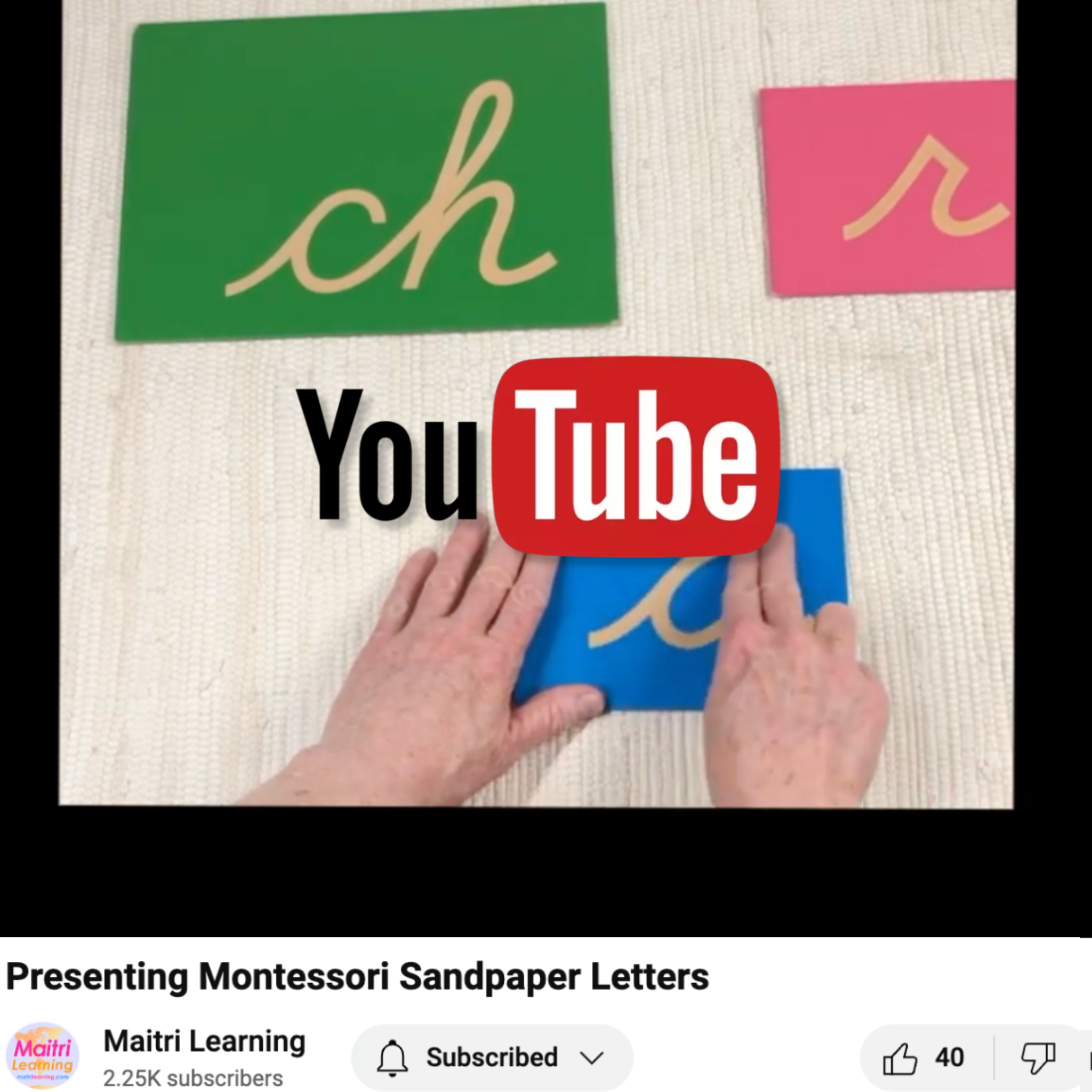
6 comments
@Renata: Thank you for adding to the dialogue. I agree about keeping our own “passions fueled”…what a wonderful way to put it. When we see the magic in the world, we can see the limitless potential of the children before us. Keep up the good work!
Julia Volkman
Wonderful article! I love the way you addresses this issue as a full circle concept; as always it is the integrity we maintain and develop as parents and educators that is the foundation from which we offer the child all the wonders of the world and their human potential! We teach who we are and this is a fabulous reminder of how important it is to keep our own passions fueled and our own journies of discovery in motion so that we have the ability to offer those expereinces to the child.
I am very excited about the word webs! Will be doing some follow up reading, thank you!
Renata Faccioli
@Floyd: Keep up the good fight Floyd! Each of our seemingly tiny skillful actions have an enormous long-term impact. Dr. Wolf’s book is on Amazon: http://www.amazon.com/Proust-Squid-Story-Science-Reading/dp/0060933844
Enjoy!
Julia Volkman
Julia, I agree that NAMTA seminars are the best. Sorry I missed this one. Having done extensive training in literacy, I have been screaming this message for some time. Can’t wait to read Dr. Wolfe’s book. Where can I get it? Thanks for always sharing with the M world.
Floyd Creech
@Abigail: You’re welcome! There was so much great info in her talk. One other thing I’ll mention is on dyslexia. Right around 4th grade there seems to be a trend with dyslexic boys. They either get on a path to overcome their challenge or become victims of it. Those who overcome often go on to incredible careers (she estimated that 30% to 35% of billionaires have dyslexia). Those who don’t are likely to end up in the prison system.
My own son has dyslexia and is in fourth grade so this really hit home! Just remember that you never know what someone will make of themselves. Look at the child as if s/he will be the next great leader of our world…and maybe s/he will!
Julia Volkman
Thank you so much for this post!
I am a HUGE fan of Maryanne Wolf’s book and her RAVE-O program, and I wanted SO MUCH to go to hear her speak at NAMTA, but couldn’t make it.
Thanks for sharing a little of what she presented!
Abigail Miller
Leave a comment
This site is protected by hCaptcha and the hCaptcha Privacy Policy and Terms of Service apply.